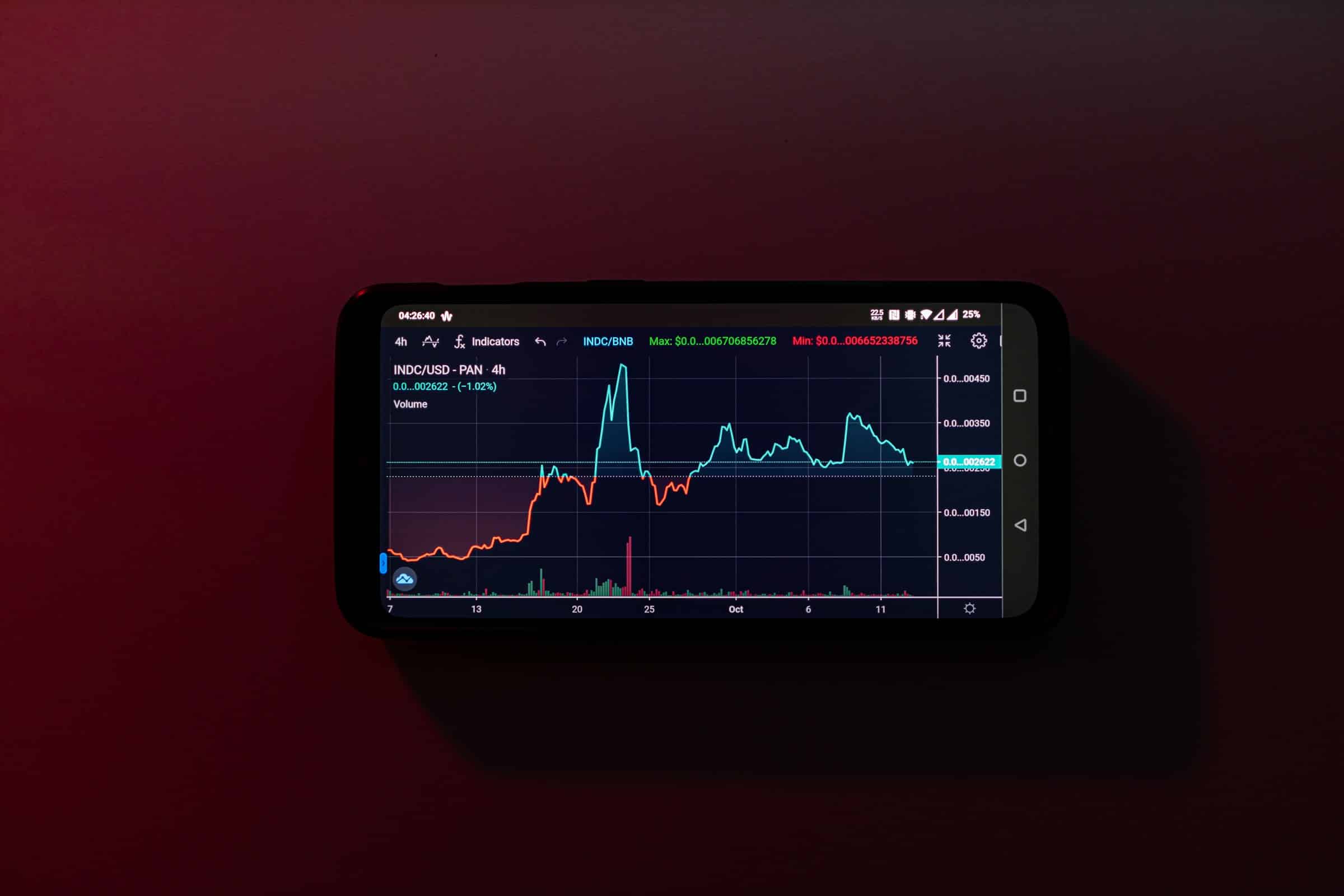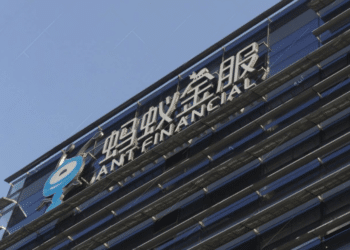Introduction
Tokens have emerged as a fundamental aspect of the cryptocurrency ecosystem, serving various purposes ranging from representing assets to facilitating decentralized governance. Understanding the future trends of tokens is crucial for investors and enthusiasts alike, as it provides insights into the direction of the rapidly evolving crypto space. Quantum Voxis offers a user-friendly interface and a wide range of features for traders of all levels, making it a valuable tool for navigating the crypto market.
Tokenization of Assets
Tokenization refers to the process of representing real-world assets as digital tokens on a blockchain. This trend has gained significant traction in recent years, offering new opportunities for investment and liquidity. Real estate, art, and even intellectual property are among the assets being tokenized, enabling fractional ownership and easier transferability.
The future of asset tokenization looks promising, with the potential to democratize access to traditionally illiquid assets. As blockchain technology matures and regulatory frameworks evolve, we can expect to see an increasing number of assets being tokenized, unlocking new avenues for investment and wealth creation.

Decentralized Finance (DeFi)
Decentralized Finance, or DeFi, has emerged as one of the most promising applications of blockchain technology. It encompasses a wide range of financial services, including lending, borrowing, and trading, all built on decentralized networks. The growth of DeFi has been exponential, with billions of dollars locked in various protocols.
The future of DeFi holds immense potential, with innovations such as algorithmic stablecoins, decentralized exchanges, and yield farming pushing the boundaries of traditional finance. As scalability and interoperability solutions improve, DeFi is poised to disrupt traditional financial systems, providing greater accessibility and transparency to users worldwide.
Non-Fungible Tokens (NFTs)
Non-fungible tokens, or NFTs, have garnered widespread attention in recent months, thanks to high-profile sales of digital artwork and collectibles. Unlike fungible tokens such as Bitcoin or Ethereum, NFTs are unique and indivisible, representing ownership of digital or physical assets.
While the current hype around NFTs may eventually subside, the underlying technology has profound implications for various industries, including gaming, media, and intellectual property. The future of NFTs lies in their ability to tokenize unique assets and create new forms of value and ownership in the digital world.
Interoperability and Cross-Chain Solutions
Interoperability refers to the ability of different blockchain networks to communicate and transact with each other seamlessly. As the number of blockchain platforms continues to grow, interoperability has become a critical focus area for the crypto industry.
Cross-chain solutions aim to bridge the gap between disparate blockchain networks, enabling assets and data to move freely across different platforms. Projects like Polkadot, Cosmos, and Chainlink are leading the charge in building interoperable infrastructure, laying the foundation for a more connected and scalable blockchain ecosystem.
Regulatory Developments
Regulatory uncertainty has long been a challenge for the crypto industry, with governments around the world grappling with how to classify and regulate digital assets. However, recent years have seen significant progress in regulatory clarity, with many countries introducing frameworks to govern cryptocurrencies and tokens.
The future of token regulation will likely involve a balance between innovation and investor protection. Clear guidelines and regulatory certainty are essential for fostering growth and adoption in the crypto space, ensuring that legitimate projects can thrive while bad actors are held accountable.
Tokenomics and Governance
Tokenomics refers to the economic model of a token, including its distribution, supply dynamics, and utility within a blockchain ecosystem. A well-designed tokenomics model can incentivize participation and contribute to the long-term sustainability of a project.
Governance tokens play a crucial role in decentralized projects, allowing token holders to participate in decision-making processes such as protocol upgrades and allocation of resources. The future of tokenomics and governance lies in creating fair and transparent systems that empower users and promote decentralization.
Conclusion
As the crypto space continues to evolve, the future of tokens holds immense promise and potential. From asset tokenization to DeFi innovation and NFT exploration, blockchain technology is reshaping the way we think about value and ownership in the digital age. By staying informed and embracing the latest trends and developments, investors and enthusiasts can position themselves for success in this rapidly changing landscape.















